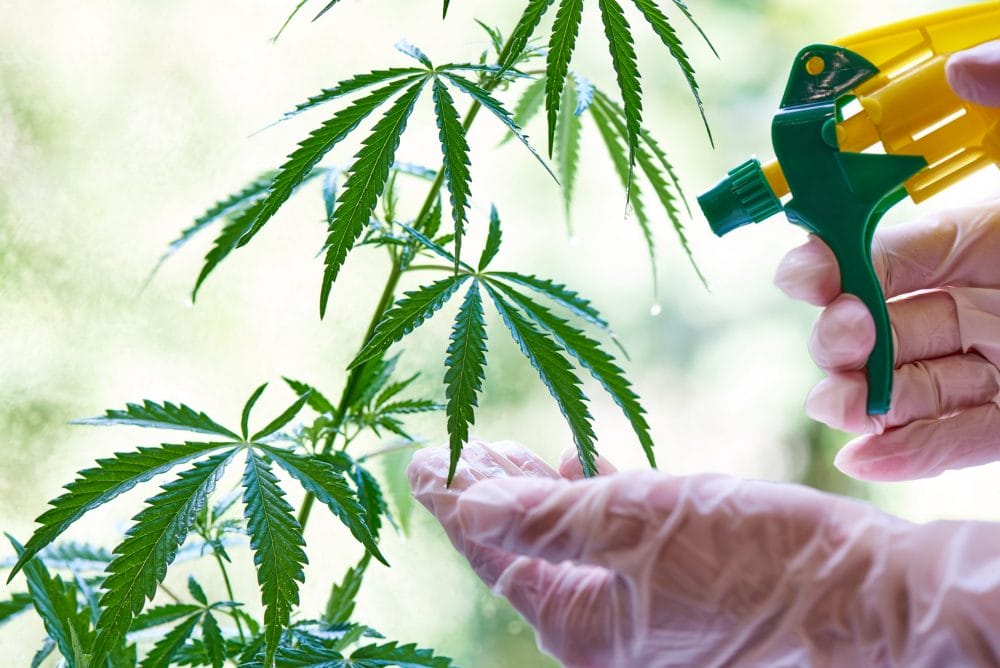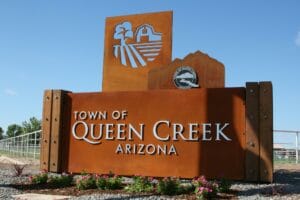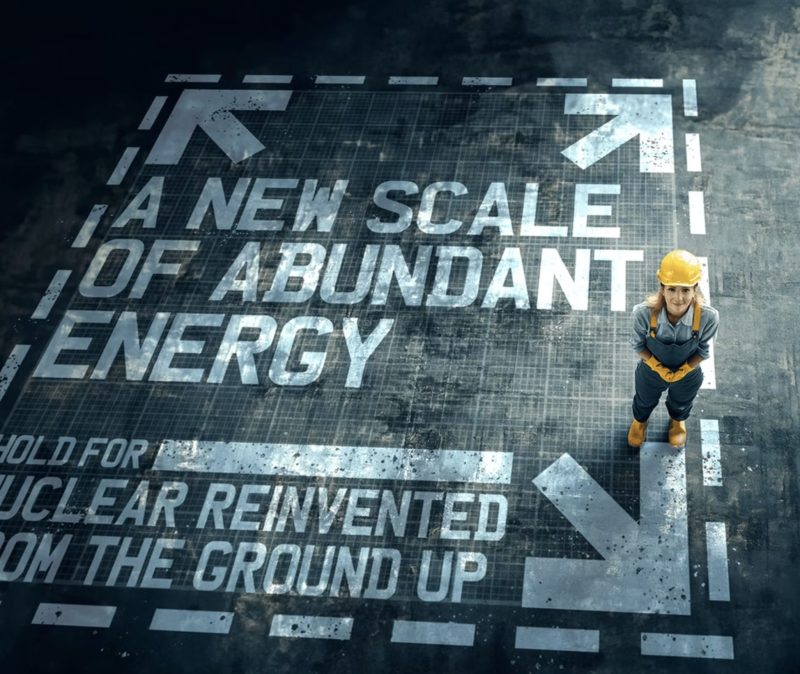By Edward Celaya | Daily Star
A vote on where “social equity” marijuana dispensaries are allowed in the city of Tucson brought out division within the cannabis community and could have wide-reaching effects outside of Arizona’s borders.
Tucson’s City Council voted 6-1 to approve a new zoning requirement for social equity marijuana licenses, known as a special exception, that would require licensees to go through additional neighborhood level scrutiny and vetting as well as final approval from mayor and council.
The licenses, which were ostensibly issued to “people from communities disproportionately impacted by the enforcement of previous marijuana laws,” are exclusively for recreational, not medical, marijuana sales.
“I remain convinced that Option A (the special exception) is the best way to go for the city of Tucson and for neighbors,” said Mayor Regina Romero, who voted in favor of the change.
What is a ‘Special Exception’?
According to city of Tucson documents, the special exception process includes the following:
- A neighborhood meeting notifying all properties within 400 feet of the project and all neighborhood associations within 1 mile of the project, prior to the submittal of the application.
- An application submittal detailing how the proposal meets all the applicable zoning requirements.
- A city staff review of the proposal with recommendation to the Zoning Examiner.
- A mailed notice of Zoning Examiner public hearing sent to all properties within 400 feet of the project and all neighborhood associations within 1 mile of the project.
- Notice of the public hearing posted on-site and in local paper.
- A public hearing before the Zoning Examiner for a recommendation to the mayor and council.
- A public meeting before the mayor and council for the project’s review and decision.
According to Jon Udell, director of the Arizona branch for the National Organization for the Reform of Marijuana Laws, requiring a special exception could have negative consequences, for local cannabis consumers and patients and potentially for jurisdictions both in- and out-of-state.
First, he pointed to the fact social equity licenses have a sort of expiration date.
If there isn’t an operational storefront tied to the license by October 2023, the license is forfeited back to the state. Currently there are no plans to re-issue those licenses in case of forfeiture.
“If you’re a business person, you’re gonna be looking at this saying ‘I can go to Tucson and go through all these extra hearings and hire all these extra people, or I can go to Phoenix or Tempe or wherever else and not spend all that money and time and have all that risk,'” he said.








